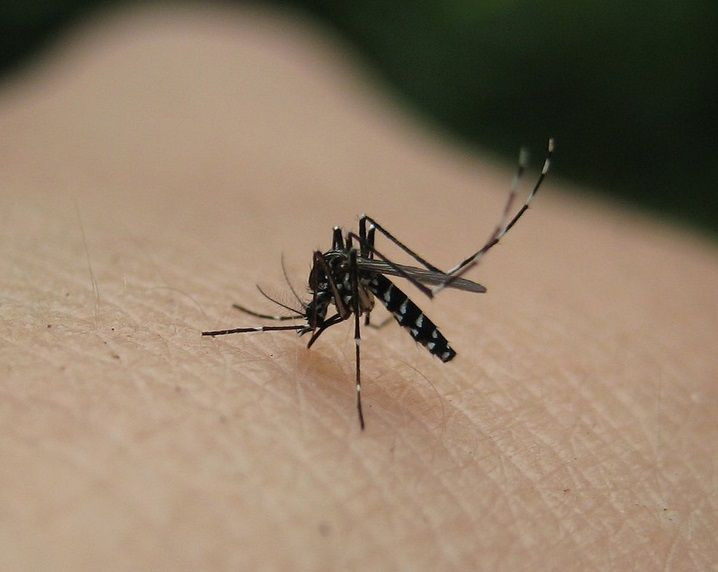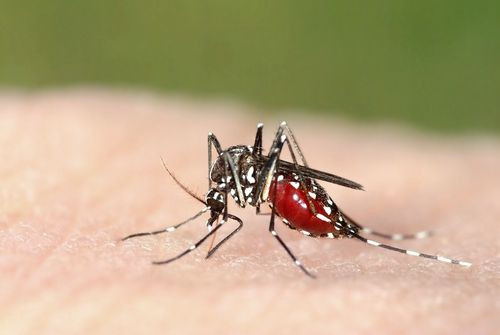New Dengue Vaccine In The Works, Could Be Better Than Dengvaxia

The search for a safe and reliable dengue fever vaccine has always been difficult. This quest began back in 1929 — but has yielded no definitive results.
Today, 90 years later, the only available vaccine to prevent dengue fever in humans is CYT-TDV (brand name Dengvaxia) made by Sanofi Pasteur. The safety of this now controversial vaccine, however, is in serious doubt after hundreds of people in the Philippines still died from dengue fever after being inoculated with Dengvaxia.
Over one million Filipinos, mostly children, were inoculated with Dengvaxia starting November 2017. Of this total, over 600 vaccinated Filipinos, mostly children, have died — but not necessarily from the vaccine itself. The Philippine government has since banned the sale or use of Dengvaxia.
The search for a safe a reliable vaccine is being hamstrung by our still incomplete knowledge of the pathogenesis of the disease. There is also the unmet need to simultaneously create a stable immunity against all four dengue serotypes (or strains), which is a mammoth challenge in itself.
One of the most dangerous characteristics of dengue is people that develop protective antibodies to only one serotype are more at risk of severe disease if they become infected by one of the other three serotypes. Also, the antibody against the initial serotype sometimes does nothing to stop the second virus. More alarmingly, this antibody actually speeds the infection process, which was probably the case for Dengvaxia.
There are, however, other dengue fever vaccine candidates in development. These candidates include live-attenuated, inactivated, DNA and subunit vaccines.
Japan's Takeda Pharmaceutical Company Ltd., the largest pharmaceutical company in Asia, is now developing an experimental dengue vaccine based on a weakened strain of the dengue virus that has revealed promising early results in a large, multi-country trial. Critical questions remain about the new vaccine's effectiveness and safety, however.
Takeda said this vaccine has an efficacy of 80 percent. It said the “backbone” of the new vaccine is a harmless version of dengue virus serotype 2.

Global trials for this vaccine are being conducted by Takeda Pharmaceuticals USA, Inc. To test their new vaccine, Takeda researchers randomly distributed it, or a placebo, to 20,000 children, aged 4 to 16, in eight countries across Asia and Latin America where dengue is endemic.
About 12 months after participants received their second and final dose, researchers compared how many people in the placebo and vaccine groups developed confirmed cases of infection with any of the four different serotypes of the dengue virus.
The Takeda vaccine had a 97.7 percent efficacy against the dengue 2 serotype, according to a study published this week in the New England Journal of Medicine (NEJM). This percentage fell to 73.7 percent for serotype 1 and 62.3 percent for serotype 3. Takeda said there were too few infections with serotype 4 to reach any conclusion.
In participants with confirmed dengue infections, the vaccine reduced the risk of hospitalization by 95.4 percent.
“The results are very encouraging,” Jeremy Farrar, head of the Wellcome Trust biomedical charity in London, who is a dengue researcher, said.
The new vaccine’s strong protection against serotype 2 isn't surprising because the vaccine was based on a harmless version of serotype 2, according to In-Kyu Yoon, a dengue vaccine specialist who is a senior adviser for the International Vaccine Institute and who served on a neutral advisory board for Takeda. Yoon said a few genes from the other three serotypes were added to the virus to create the tetravalent vaccine.



























